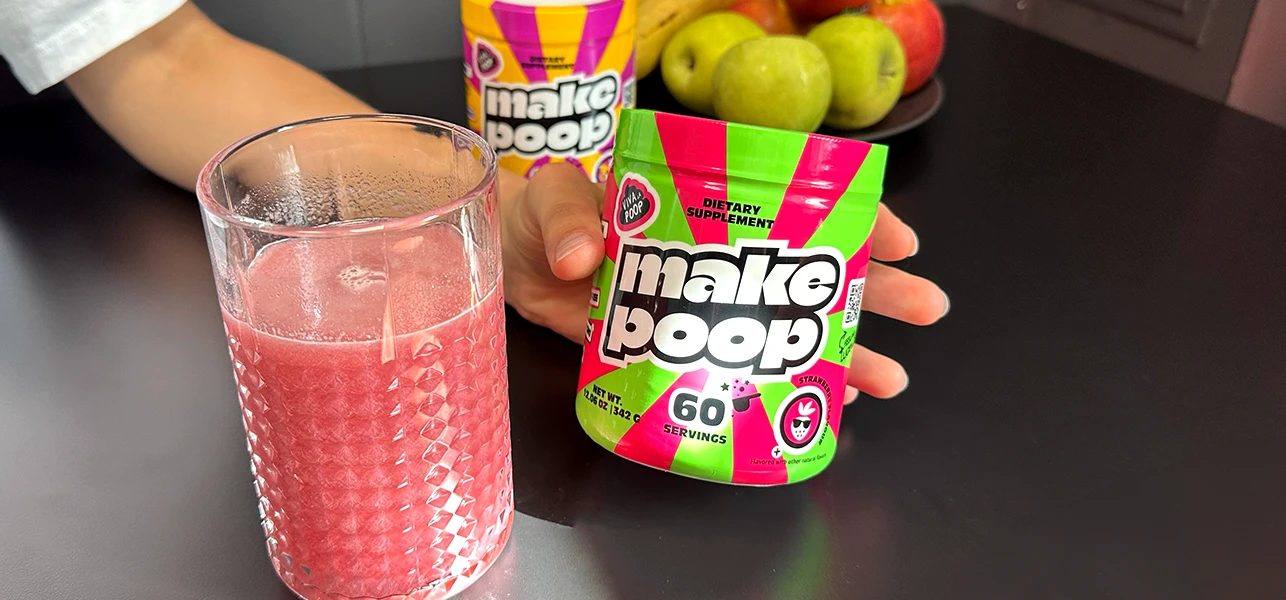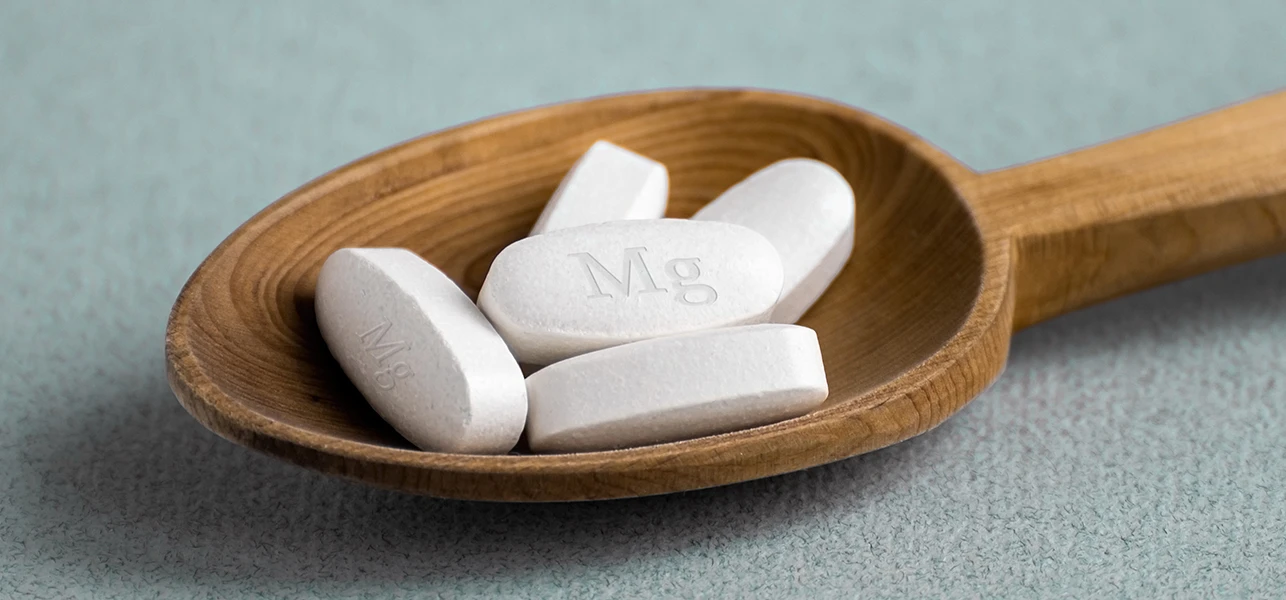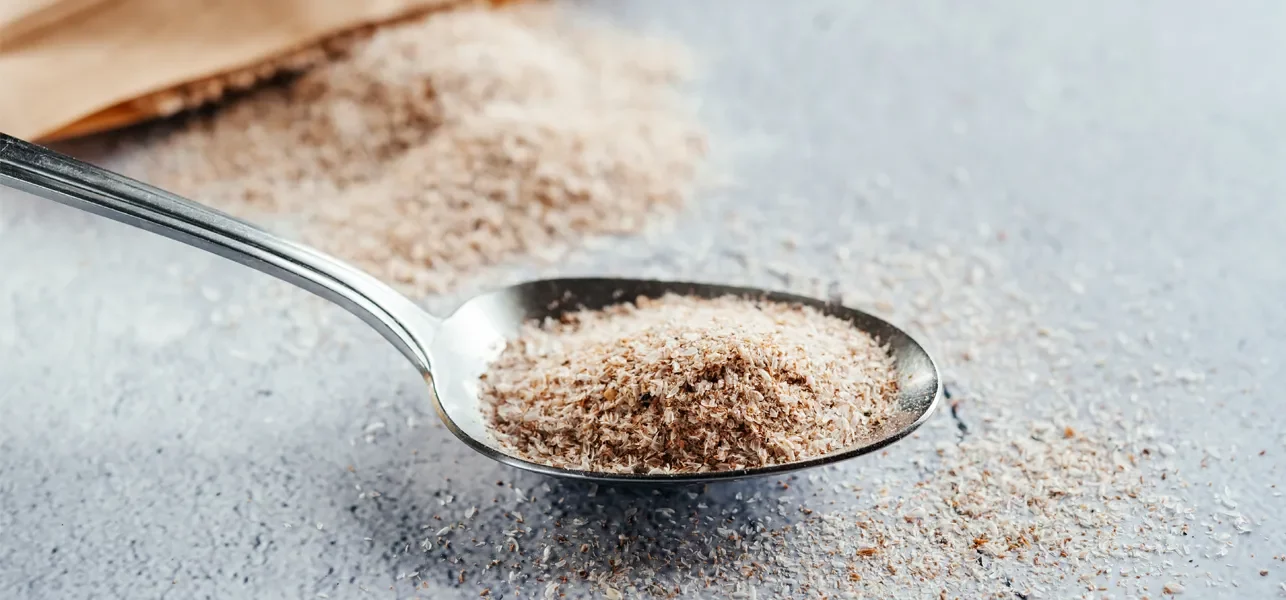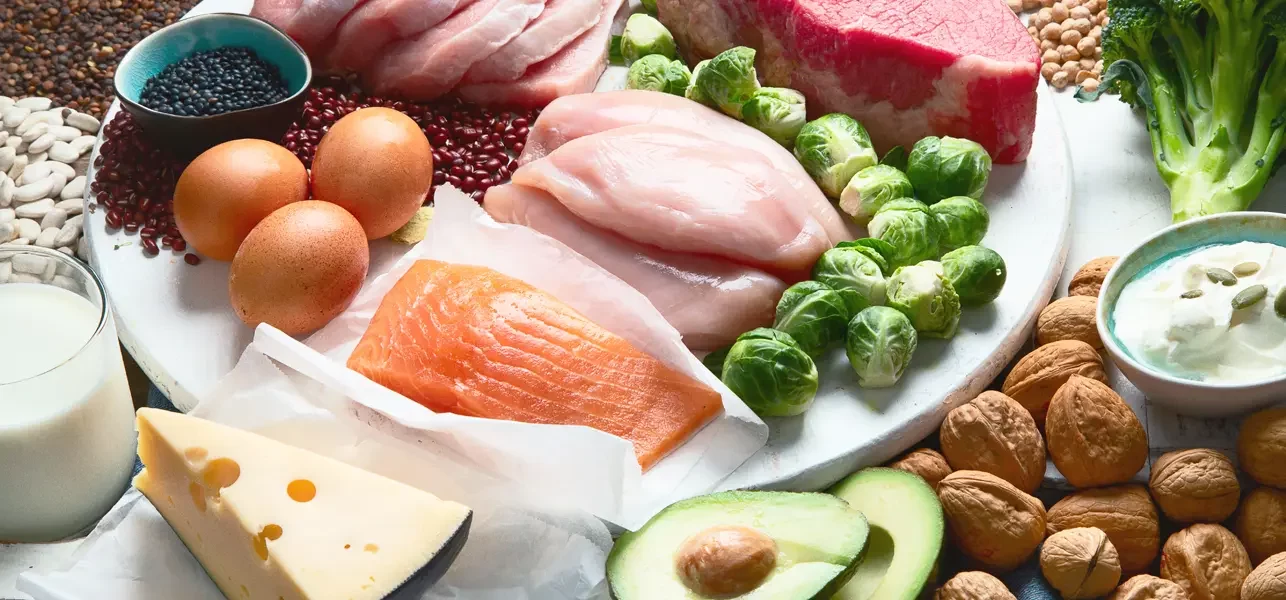Do Probiotics Help With Bloating? How to Care for Your Gut and Combat the Bloat

Bloating is the uncomfortable feeling of fullness in your stomach.
Although very common, bloating is unpleasant and a problem people hope to ease as quickly as possible. And while most people deal with occasional bloating from time to time, for others, it can be a recurring issue.
Poor diet, food intolerances, PMS, and digestive conditions are among the many causes of bloating. You can do a few things to beat the bloat, but is taking probiotic supplements one of them? Do probiotics help with bloating?
Do Probiotics Help With Bloating?
Probiotics can help with bloating by restoring the balance of bacteria in the gut microbiome. Often, an imbalance of good and bad bacteria is the culprit behind bloating and excess gas production. Taking probiotics could help to reduce these lower gastrointestinal symptoms.
Research also indicates that probiotics can improve digestive issues for people with irritable bowel syndrome (IBS). They work by alleviating bloating and abdominal pain, slowing down the transit time of the colon, and improving stool consistency.
In addition, taking probiotics can help with other gastrointestinal complaints like constipation. Taking a probiotic supplement increases the frequency of your bowel movements to relieve constipation – a prevalent cause of bloating and abdominal discomfort.
Probiotic supplements work best as part of a balanced lifestyle. They won’t relieve bloating single-handedly, but you can expect results when you combine them with a healthy diet to support your overall gut health.
How long does it take for probiotics to reduce bloating?
How long it takes for probiotics to work depends on the person and factors like the severity of symptoms and how sensitive the body is to probiotic bacteria. Some find probiotics work within a few days, while it may take a few weeks or months of regular use for others to notice results.
In one study, patients with IBS found benefits of taking multi-strain probiotic supplements within eight weeks or more.
Keep an eye on your bloating symptoms to check your probiotics are working. The probiotic strains, dosage, and quality of your supplements can influence their effects on gut health.
Can Bloating Get Worse After Taking Probiotics?
Taking probiotics can make your symptoms worse. While they can relieve bloating, they can also cause discomfort, including bloating and excess gas. However, these symptoms are usually your body’s temporary response to sudden changes in the gastrointestinal tract.
Probiotics provide your gut microbiome with an influx of good bacteria. This can temporarily cause upset as it alters your gut’s current environment. But in time, you will develop a healthy gut microbiome as your body adjusts to the changes in gut bacteria.
Try to remain patient, but talk to your doctor if these symptoms don’t clear up within a few weeks. You might require a different type of probiotic supplement to counter your bloating.
Are Probiotics Related to Gut Health?
Probiotics are known to promote gut health because these live microorganisms restore the healthy balance of beneficial bacteria in the gut. You can take probiotics in supplement form or get your dose from certain food products, such as yogurt and fermented foods and drinks.
Various things can upset your gut flora, such as illness, medical treatments, and functional bowel disorders. The addition of probiotics to your diet can conquer symptoms that arise by restoring the composition and function of the gut microbiome.
As well as supporting the digestive system, probiotics may boost immune health, aid weight loss, and support your heart health.
What Are the Best Strains of Probiotics for Bloating?
Probiotic supplements contain specific strains that are effective for certain health conditions. For bloating relief, it’s best to select a product containing the bifidobacteria and lactobacillus strains. Lactobacillus acidophilus and Bifidobacterium lactis are known to reduce bloating in people with bowel disorders.
However, discussing symptoms with your doctor to identify the best probiotic for bloating and constipation is essential, as the best probiotic strains often depend on the cause. For example, you may require a different strain for bloating caused by small intestinal bacterial overgrowth (SIBO).
What Else Can Help With Bloating? 5 Easy Ways
You don’t have to sit back and accept the discomfort of bloating. There are a few things you can do to treat and prevent it, with or without probiotics.
Try these 5 easy tricks to keep your digestive tract happy.
#1 Avoid foods that might bloat you
Your diet is often the trigger behind your bloated stomach. Food restrictions, sensitivities, and digestive disorders like lactose intolerance can all contribute to the bloat.

Advertisement
A good starting point is to spot and eliminate foods that might bloat you. Some of the world’s healthiest foods, such as beans, lentils, and cruciferous vegetables, are common culprits. These high-fiber foods are difficult to digest and can cause gas buildup in the intestines.
Carbonated beverages and artificial sweeteners are also likely to cause bloating.
As well as avoiding foods, it can help to eat and drink those that help with bloating. For example, herbal teas work well for bloating because they have anti-inflammatory properties to soothe your tummy. Peppermint, ginger, and green tea are perfect examples.
#2 Chew slowly
When you eat quickly, you risk swallowing excess air, which results in trapped gas and bloating. Eating slowly is a simple practice that can prevent bloating and ensure proper digestion, as it breaks down the food into smaller particles to aid the digestive process.
#3 Have an exercise routine
Physical activity can help stop the bloat by supporting gut motility. Moving your body can help to digest food and expel any gas buildup to keep you bloat-free. It doesn’t have to be excessive – studies show that a short walk after meals is enough to relieve abdominal bloating.
Consider an evening walk after dinner to keep things moving along.
#4 Quit tobacco and alcohol
Smoking is linked to abdominal pain, bloating, and functional constipation. This is because smokers tend to swallow excess air when inhaling smoke. Cutting down or quitting smoking entirely is one way to fight the bloat while improving overall health.
Drinking alcohol can inflame and irritate the stomach, causing excessive bloating and discomfort. These side effects may increase if you mix your alcoholic beverages with other drinks containing carbs and sugars that the body struggles to digest.

#5 Try to reduce stress
Stress can significantly affect your physical and mental health in numerous ways. It can wreak havoc on your gut, and you might experience nausea, diarrhea, constipation, bloating, and more. It can also worsen symptoms of existing gastrointestinal conditions, including IBS.
Managing your stress levels is vital to keeping your gut happy. Exercise, meditation, journaling, a sleep routine, and connecting with others are some great ways to reduce stress.
FAQs
Taking a daily probiotic supplement can help keep frequent symptoms of bloating at bay. It’s generally considered safe to continue taking probiotics long-term, but you should discuss supplementation with your doctor.
Probiotics can help flatten your stomach if your expanded stomach is caused by belly bloat. However, you shouldn’t rely on probiotics to reduce stomach fat, although they can support overall weight loss.
No, taking a probiotic will not immediately cure bloating. Most people need a few weeks to adapt to the additional good bacteria that probiotics provide. So, you should remain patient when using supplementation to counter bloating.
A Word From an MD
Caring for your gut is important for your overall health and well-being. Alongside painful bloating, gas, and irregular bowel movements, poor gut health can influence other parts of your health, including mental wellness, weight maintenance, skin, and your immune system.
Supplements and probiotic-rich foods can fight bloating and digestive upset. To increase their effectiveness, it’s best to use them in combination with other gut health hacks, such as increasing your fiber intake, drinking more water, moving your body, and practicing mindful eating.
Dietary and lifestyle changes are often the first treatment option for digestive disorders, but some require medication for long-term relief. Discussing your health with a doctor will ensure you make the appropriate changes to combat your systems should you receive a diagnosis.
Conclusion
Probiotics are not a cure, but they can help with bloating by returning balance to the gut. Just remember that the type of strain you need depends on what’s behind your bloating. Recurring bloating can signal an underlying health condition that may require alternative treatment.
Individuals also respond to probiotics differently, so it’s crucial to acquire professional medical advice before suddenly taking a daily supplement.







Comments (0)